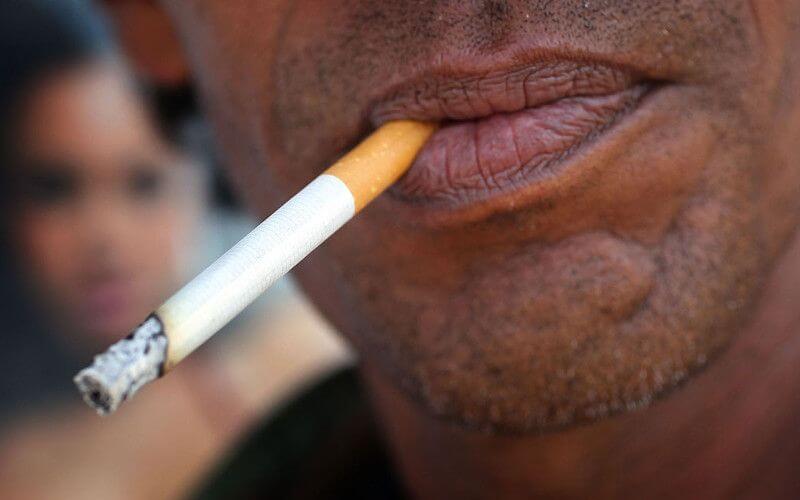Toxic Cigarettes Flood Moroccan Market, Investigation Reveals

The toxicity of cigarettes sold in Morocco is unsuspected. An analysis conducted by Public Watch has proven that tobacco companies sell more toxic cigarettes in some emerging countries, including the Kingdom.
More than 7 million people die each year worldwide due to smoking. An investigation initiated in 2019 by Marie Maurisse, an independent investigative journalist for Public Eye, an association "for a more just world by improving political and economic relations between Switzerland and developing countries", has proven that cigarette lovers do not smoke the same thing.
It all started with an observation made by the journalist during a trip to Casablanca where she had noticed that some smokers opted for "Quality Brands". The journalist decides to conduct tests on Swiss cigarettes sold in the country, in order to detect the level of nicotine, tar and carbon monoxide contained in each tobacco stick.
Thus, nearly 30 packs of cigarettes from France, Switzerland and Morocco were analyzed. The results show that a sample of Winston bought in Switzerland contains 10.5 mg of total particles per cigarette and the one bought in Morocco contains 16.31 mg. Similarly, Swiss Camels contain 0.7mg of nicotine compared to 1.28mg for those sold in Morocco. Not to mention that the measurements are higher than those displayed on the packs, according to vapingpost.com.
Tobacco companies engage in this practice to sell more cigarettes in emerging countries, since the higher the nicotine dose, the stronger the addiction to the substance, several experts have reported. This is the double game of the tobacco industry, which is fighting for defumigation while encouraging its consumption in other countries. For example, Philip Morris International in Europe calls for defumigation, while spending nearly $24 million in a lawsuit against Uruguay to oppose the use of health warnings on packs, the same source pointed out.
Related Articles
-

Wealthy Young Driver Jailed After Deliberately Running Over Gendarme at Moroccan Checkpoint
2 September 2025
-

AI Pioneer Develops ’Watchdog’ System to Curb Rogue Artificial Intelligence
2 September 2025
-

Franco-Algerian Tourist Arrested at Marrakech Airport for Racist Outburst During Security Check
1 September 2025
-

Morocco Fights Drought with Innovative Floating Solar Project on Tanger Med Dam
1 September 2025
-

Tragic Collision Near Casablanca: 5 Dead, 7 Injured as Tractor and Van Crash on Sidi Bennour Road
1 September 2025